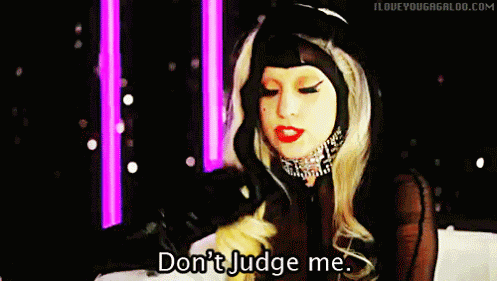Great leaders don’t just manage people; they manage their emotions. How well do you regulate yours?
- Christina - Spark Back Coaching

- Feb 5, 2025
- 2 min read
Emotional regulation is the ability to manage one’s emotions effectively - modulating their intensity, duration, and expression in a way that aligns with their goals.
In #leadership, this skill is crucial because it impacts decision-making, team dynamics, #resilience, and #communication. Leaders who can regulate their emotions remain composed under pressure, inspire confidence, and foster psychological safety in the #work environment.
👉 What does emotional regulation look like in practice?
James J. Gross and Oliver P. John, have identified two primary strategies for regulating emotions:
1. Cognitive Reappraisal (reframing thoughts): This strategy involves changing how one interprets a situation to alter its emotional impact.
How this is useful for a leader:
2. Expressive Suppression (controlling emotional expression): This strategy involves inhibiting outward emotional responses (e.g., masking frustration or anxiety).
How this is useful for a leader:
Helps maintain professionalism in high-stakes situations.
Can prevent unnecessary emotional escalation in conflicts.
However, excessive suppression can lead to stress buildup and perceived inauthenticity, potentially reducing trust and team morale. So, this is useful in moderation (use critical thinking).
👉 How to apply emotional regulation in your day-to-day
1. Before improving, you need to identify how you currently regulate emotions. Take the Emotion Regulation Questionnaire (ERQ) or reflect on past situations to assess which of the two strategies is your go-to.
2. Cognitive reappraisal is linked to stronger leadership outcomes. It’s essential to build this habit. The goal is to change how you interpret situations to reduce negative emotions and enhance problem-solving.
You can use the ‘3 Perspectives’ technique: When facing a tough situation, mentally step into three different viewpoints:
👁️🗨️ Your current perspective – How do you feel now?
🧙♂️ A wise mentor’s perspective – How would someone you admire (e.g., a respected leader, coach, or historical figure) interpret this?
🔮 A future perspective – A year from now, how will you view this situation?
3. Suppression isn’t inherently bad—it’s useful in high-stakes moments (e.g., staying composed in a difficult board meeting).
Strategic Suppression: Use suppression in the moment to maintain professionalism but find a healthy outlet later.
Check-in with your team: Ensure psychological safety by encouraging open dialogue with your team.
Emotional regulation is a leadership skill that can be developed. How do you regulate emotions in high-stakes leadership moments?





